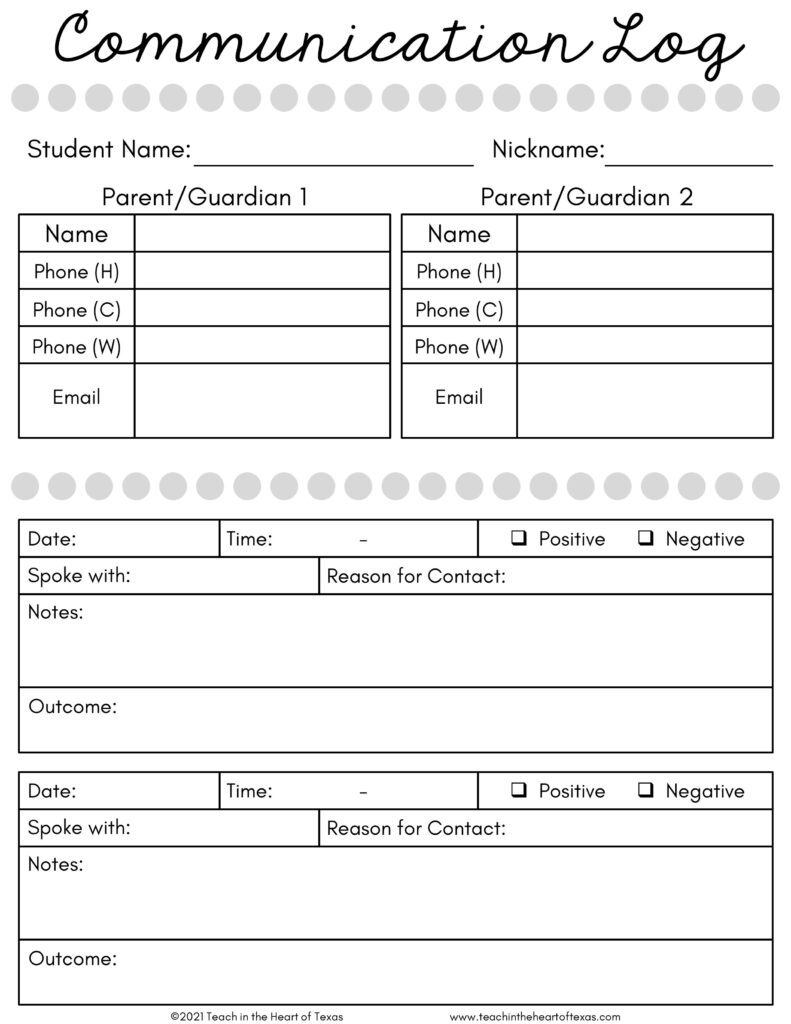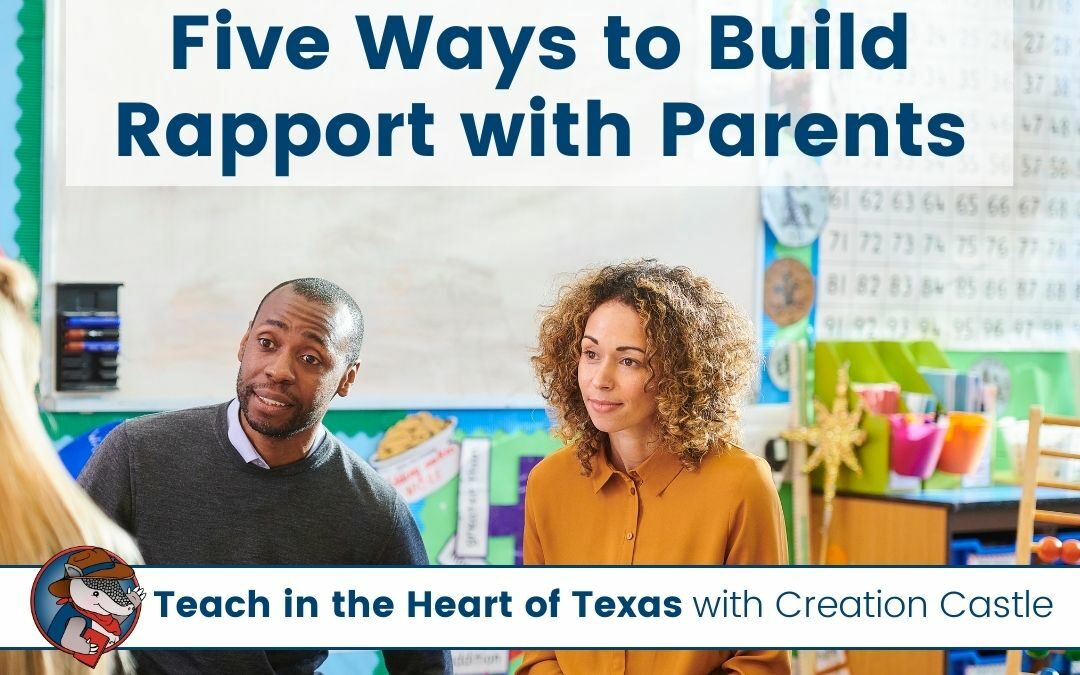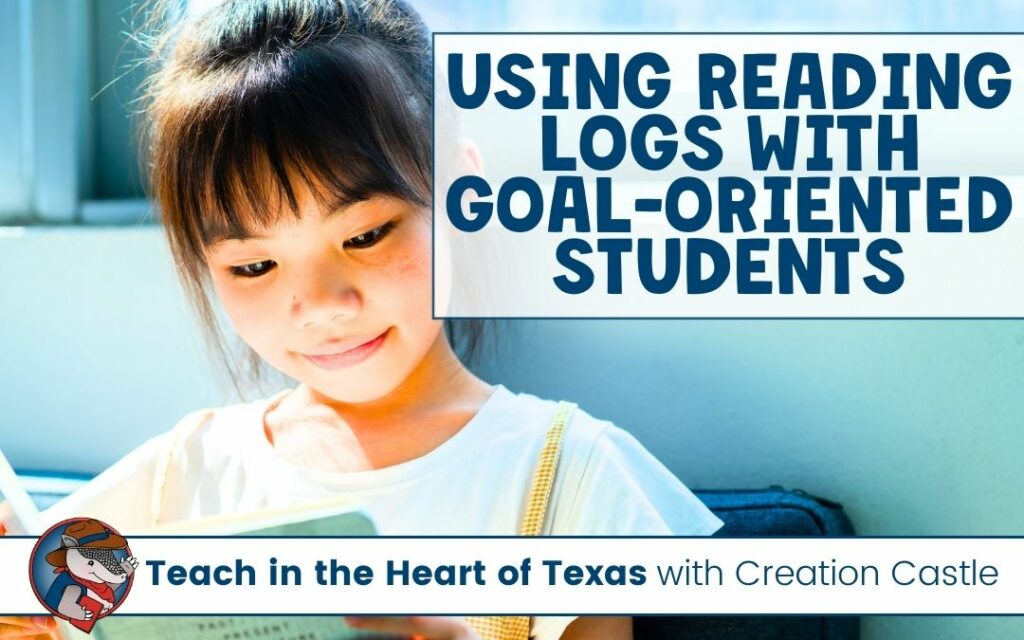Parent communication can make or break your classroom. Begin building rapport with your students and their parents right from the start!
Quick Links
Learn Their Names
Obvious, right? You’d be surprised how many teachers don’t know the names of their student’s parents. You can’t just assume that Johnny Green’s mom is Mrs. Green. Johnny’s mom may go by her maiden name, she may be remarried, etc.
At the beginning of the year, make an effort to learn the name of every parent in your class. Not only will it help build a relationship with the parent right from the start, but it could also be useful if there is an emergency later in the year.

Make Positive Phone Calls
Again, this seems like a no-brainer. To be honest, most phone calls stem from negative behavior or occurrences in class. Don’t call every parent, every day. From time to time call a parent after school to say “Hi Mr. Foster! I just wanted to let you know that Isabella had a wonderful day at school today. She was very active in our class discussion and helped her seat partner on their assignment.”
This does two things.
- It lets parents know that you pay attention to their child. And more importantly, you pay attention to when their child is doing GOOD things.
- It opens a dialogue with the parent. Parents are more likely to share with you if you share with them.
It’s a good idea to keep track of any communication with parents throughout the year. A communication log will be helpful for follow-up visits or in the event that you need documentation. Click on the picture to download a free communication log.

Send a Weekly Newsletter
A lot of schools require you to send home a newsletter. Often times this newsletter is similar for each grade level, printed, and sent home every Monday.
I suggest you use your own individualized newsletter. Yes, it may take a little more time and effort on your end, but it is worth it. Your grade level is certainly covering all the same material, but does the class across the hall need glue sticks? Are you three parents short for the field trip? Let the newsletter be a window into YOUR classroom.
If nothing else, print your newsletter on COLORED paper! Make that newsletter neon orange or bright pink. You want the newsletter to stand out among all the other papers that get sent home.
Let Them Get Involved
Sometimes it’s hard to let someone step into your class and do something for you. Open the door to your parents and let them read a book to the class, work with small groups of students, help you decorate a bulletin board, etc. Not only will this let parents see what you are doing in the classroom, but it will also allow them to watch you interact with their child. Maybe they’ll see their perfect angel following all the directions and getting their work done. Maybe they’ll see their child refusing to do their work and pestering their classmates. Either way, they are getting to see how you treat their child and the other children in your class.
If you have parents that can’t make it in during the school day but still want to help, send home some centers for them to cut out, let them staple books, etc. Let them help you!
Send Notes Home
You may be thinking… “More work to add to my daily schedule? No thank you!” However, sending home notes to your parents can be one of the quickest, most effective tools. These notes don’t need to be lengthy, they don’t need to be fancy, and they don’t even have to be complete sentences. On second thought, let’s use complete sentences! Seriously though, don’t write a novel. Just jot down a quick thought you had about their child that day.
Sarah’s reading fluency was awesome today! Keep reading at home – we can really see an improvement!
Thomas was very polite with the firefighter that visited today. He shook his hand and made eye contact like a pro!
Those notes may not seem like a lot, but…Sarah has been struggling with reading and would not even try to read at home until last week. Thomas is shy – he doesn’t like talking to unfamiliar people.
These little things make a big difference for those kids. Remind parents that growth happens all the time and you see it.

Creation Castle
Heather is the author of Creation Castle. She has experience with general education, special education, and ESL students in kindergarten through fifth grade. She specializes in early elementary math and literacy, as well as organization.






